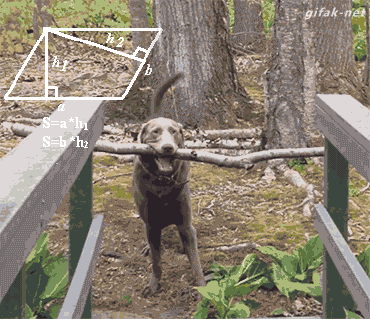Do you want to feel confident during your interview when answering a problem-solving question like:
"How many times do a clock's hands overlap in a day?"

The key is to show the interviewers that you can think through problems when you're on the spot.
Why Ask This Question?
The interviewer isn't looking for the right answer! They want to know the approach you used to think through the question and solve the problem.

Tips On How To Answer
What todo:
Understand the scope of the problem.
Talk through your thought process.
Answer the question directly to avoid getting lost while solving the problem!
See if there's a clock in the room for guidance.
What not todo:
Don't blurt out an answer without thinking about it.
Don't say, "I don't know."
Don't remain silent.
Try not to get upset/flustered if you give the wrong answer.
What Is The Correct Answer Anyway?
Many people want to say 24! BUT the actual answer is 22.
Clock hands overlap at: 12:00, 1:05, 2:10, 3:15, 4:20, 5:25, 6:30, 7:35, 8:40, 9:45, and 10:50 TWICE A DAY (AM and PM).
There's no overlap at 11:55 because the hour hand is moving closer toward 12 when the minute hand is at 11.

Example Answer
"Let me think through this problem for one mintute. My instinct is to say 24, but I feel like the answer is more complex than that.
Let me talk this out...the clock hands would overlap around 12:00, 1:05, 2:10, 3:15, 4:20, 5:25, 6:30, 7:35, 8:40, 9:45, 10:50, and 11:55. That is 12 times, but it would happen in the morning and night, so the answer is 24.
Actually, now that I have thought this through, the hands would not overlap at 11:55 because the hour hand would be moving toward the 12. So, the answer would then be 22."
Take Action

Practice your problem-solving skills to get ready for the big interview!
Your feedback matters to us.
This Byte helped me better understand the topic.
